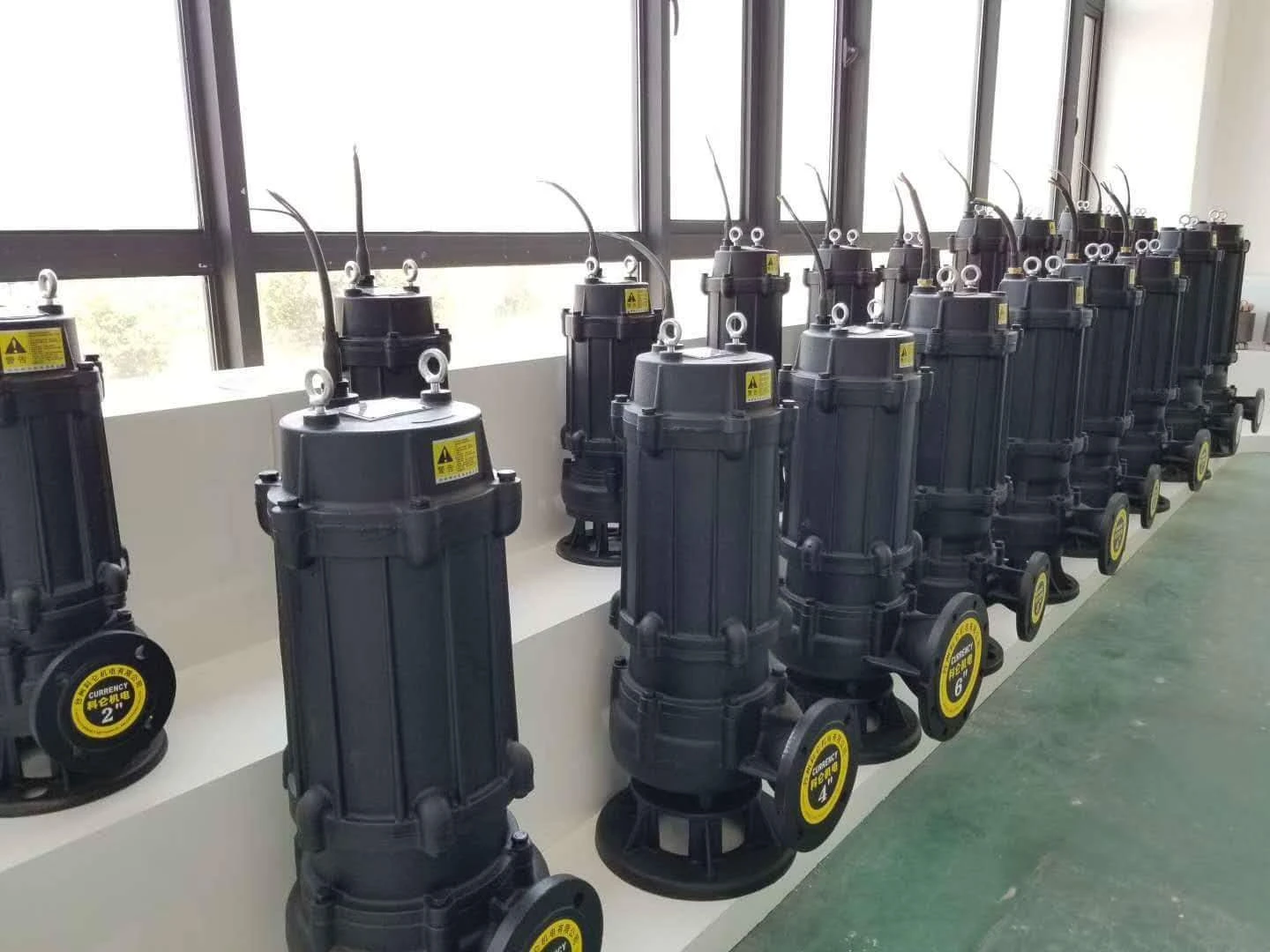Icelandic
- Afrikaans
- Albanian
- Amharic
- Arabic
- Armenian
- Azerbaijani
- Basque
- Belarusian
- Bengali
- Bosnian
- Bulgarian
- Catalan
- Cebuano
- Corsican
- Croatian
- Czech
- Danish
- Dutch
- English
- Esperanto
- Estonian
- Finnish
- French
- Frisian
- Galician
- Georgian
- German
- Greek
- Gujarati
- Haitian Creole
- hausa
- hawaiian
- Hebrew
- Hindi
- Miao
- Hungarian
- Icelandic
- igbo
- Indonesian
- irish
- Italian
- Japanese
- Javanese
- Kannada
- kazakh
- Khmer
- Rwandese
- Korean
- Kurdish
- Kyrgyz
- Lao
- Latin
- Latvian
- Lithuanian
- Luxembourgish
- Macedonian
- Malgashi
- Malay
- Malayalam
- Maltese
- Maori
- Marathi
- Mongolian
- Myanmar
- Nepali
- Norwegian
- Norwegian
- Occitan
- Pashto
- Persian
- Polish
- Portuguese
- Punjabi
- Romanian
- Russian
- Samoan
- Scottish Gaelic
- Serbian
- Sesotho
- Shona
- Sindhi
- Sinhala
- Slovak
- Slovenian
- Somali
- Spanish
- Sundanese
- Swahili
- Swedish
- Tagalog
- Tajik
- Tamil
- Tatar
- Telugu
- Thai
- Turkish
- Turkmen
- Ukrainian
- Urdu
- Uighur
- Uzbek
- Vietnamese
- Welsh
- Bantu
- Yiddish
- Yoruba
- Zulu
Telephone: +86 13120555503
Email: frank@cypump.com
sep . 30, 2024 21:48 Back to list
Heavy Duty Slurry Pumps for Medium Head Applications from Leading Manufacturers
Medium Head Heavy Duty Slurry Pump Factories An Overview
In the heavy-duty industrial sector, the efficiency and reliability of machinery play a pivotal role in ensuring seamless operations. Among the myriad of machines utilized, slurry pumps stand out, particularly medium head heavy-duty slurry pumps. These pumps are specifically designed to handle abrasive slurries, making them indispensable for industries such as mining, wastewater treatment, and construction. In this article, we will delve into the significance of medium head heavy-duty slurry pump factories, their manufacturing processes, challenges, and advancements in technology.
The Importance of Slurry Pumps
Slurry pumps are engineered to transport mixtures of liquids and solids, often in harsh environments. Medium head heavy-duty slurry pumps are particularly vital where a balance of capacity and head lift is required. They are capable of handling a range of slurry densities, making them versatile for various applications. The ability to resist wear and tear is crucial, as abrasive particles can quickly degrade pump components if not properly designed.
Manufacturing Processes
The process of manufacturing medium head heavy-duty slurry pumps begins with the careful selection of materials. High chrome alloys and rubber composites are commonly used, providing enhanced resistance to abrasion and corrosion. Factories employ advanced casting techniques, including investment casting and sand casting, to produce durable pump casings and impellers.
Once the materials are procured, the next phase involves machining and assembling various components. Precision engineering is essential to ensure that the pumps meet the exact specifications and standards required for heavy-duty applications. Automation and robotics have increasingly become integral in these processes, enhancing speed and precision while reducing labor costs.
Quality control is another critical aspect of manufacturing. Each pump undergoes rigorous testing to ensure it can withstand the demanding conditions it will face in the field. This often includes hydraulic testing and performance assessments under simulated operational conditions. Factories implementing stringent quality assurance protocols ultimately produce pumps that have longer service lives and lower maintenance needs, which is a significant selling point for buyers.
medium head heavy duty slurry pump factories

Challenges Faced by Slurry Pump Manufacturers
Despite advancements in technology, slurry pump factories face several challenges. One major issue is the fluctuating costs of raw materials. As the prices of ores and metals rise and fall depending on global market conditions, manufacturers must continuously adapt to stay competitive. Additionally, environmental regulations are becoming more stringent, requiring factories to implement eco-friendly practices in their production processes.
Labor shortages in the skilled labor sector also pose a threat. With the increasing complexity of machinery and technology, finding qualified professionals who can operate and maintain advanced manufacturing systems is becoming increasingly difficult. This skill gap can lead to delays in production timelines and impact overall efficiency.
Technological Advancements
To combat these challenges and improve product performance, slurry pump manufacturers are incorporating innovative technologies. Digital monitoring and IoT (Internet of Things) capabilities are being integrated into pump systems, allowing for real-time performance data analysis. This not only enhances operational efficiency but also enables predictive maintenance, reducing downtime and operational costs.
Furthermore, manufacturers are exploring the use of advanced materials like polymer composites that offer superior abrasion resistance and lighter weight compared to traditional materials. These innovations are aimed at improving the overall effectiveness and longevity of slurry pumps in demanding environments.
Conclusion
Medium head heavy-duty slurry pump factories play a crucial role in industries that depend on efficient and reliable transportation of abrasive slurries. As manufacturing processes evolve with technological advancements and address challenges such as material costs and labor shortages, the importance of these factories will only continue to grow. By focusing on innovation and quality, manufacturers can ensure that their products meet the high demands of the industrial sector, ultimately contributing to increased productivity and sustainability in operations worldwide.
-
Reliable Non-Clog Sewage Pumps with GPT-4-Turbo Tech
NewsAug.04,2025
-
High-Performance Air Pumps for Sand & Gravel | Efficient Transport
NewsAug.03,2025
-
ISG Series Vertical Pipeline Pump - Chi Yuan Pumps Co., LTD.|Energy Efficiency, Corrosion Resistance
NewsAug.03,2025
-
ISG Series Pipeline Pump - Chi Yuan Pumps | Energy Efficiency&Compact Design
NewsAug.03,2025
-
ISG Series Vertical Pipeline Pump - Chi Yuan Pumps Co., LTD.|High Efficiency, Low Noise, Durable
NewsAug.02,2025
-
ISG Series Vertical Pipeline Pump - Chi Yuan Pumps | High Efficiency, Low Noise
NewsAug.02,2025










